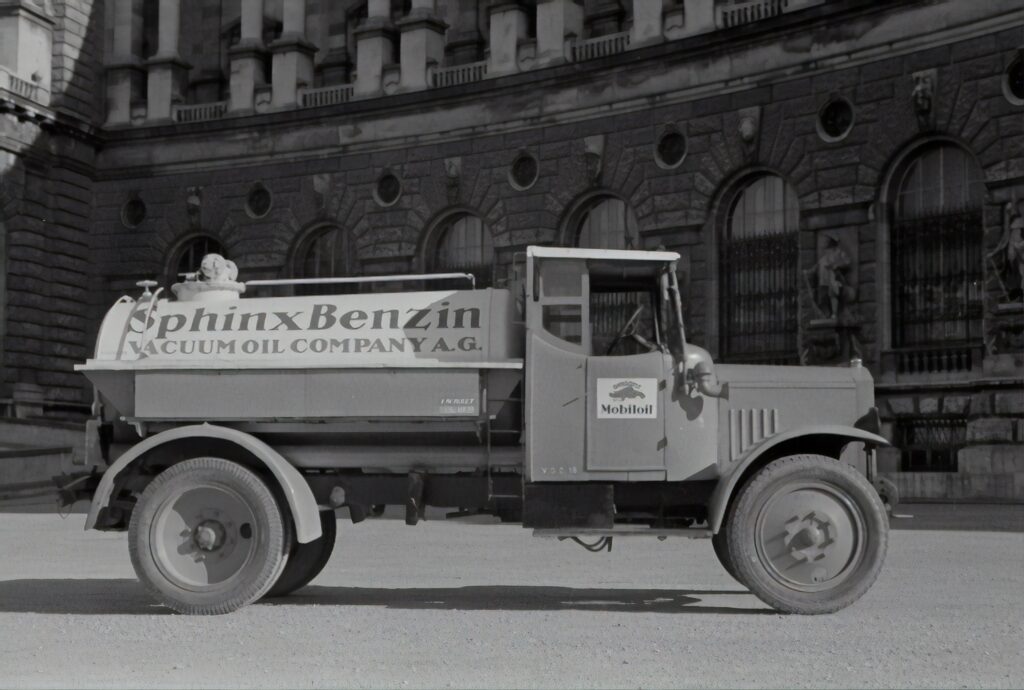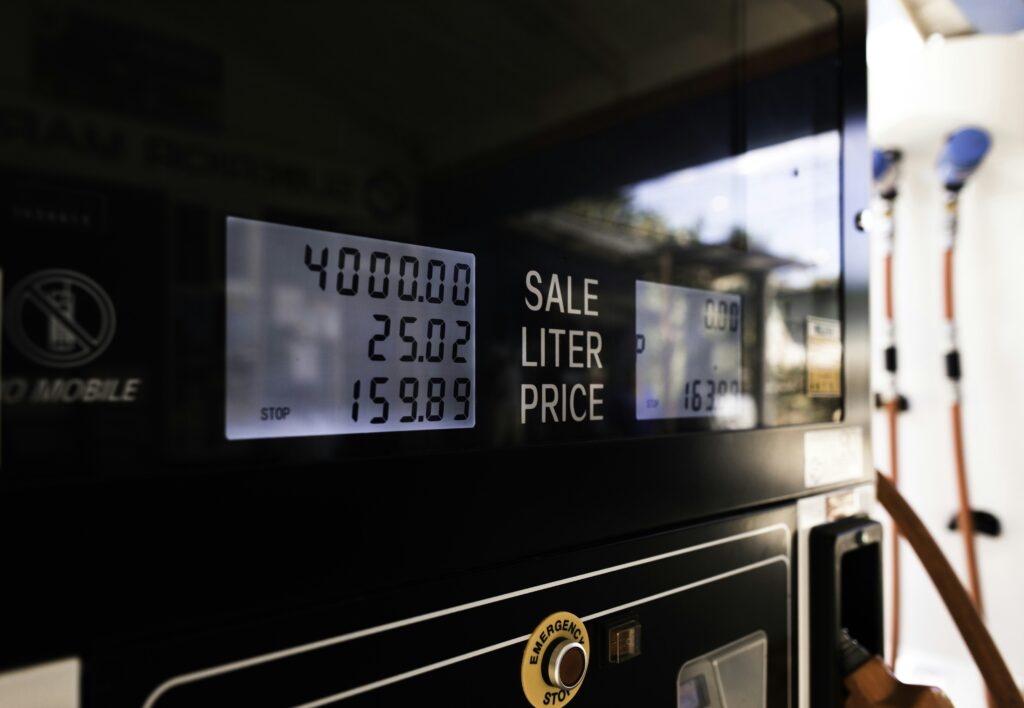Are you looking for an environmentally-conscious way to fuel your fire pit? If so, you’ll be delighted to know that there are eco-friendly fuel options available that allow you to enjoy the warmth and ambience of a fire while minimizing your carbon footprint. In this article, we will explore some of these sustainable alternatives, discussing their benefits and how they contribute to a greener lifestyle. So, whether you’re a nature enthusiast or simply want to make a positive change, read on to discover the eco-friendly fuel options that can transform your fire pit experience.
Types of Fire Pits
When it comes to choosing a fire pit for your outdoor space, there are several options available. Each type of fire pit has its unique features and benefits, as well as potential ecological impacts. Let’s explore the most common types of fire pits: wood-burning, propane, natural gas, gel fuel, and ethanol fire pits.
Wood-Burning Fire Pits
Wood-burning fire pits are the classic choice for many outdoor enthusiasts. They create a warm and cozy atmosphere, with the crackling sound of burning logs and the mesmerizing scent of wood smoke. However, wood-burning fire pits can contribute to air pollution and deforestation if not used responsibly.
Propane Fire Pits
Propane fire pits offer a convenient and clean-burning fuel option. They run on propane gas, which produces minimal smoke and particulate matter. Propane is also readily available and easily refillable, making it a popular choice for those looking for a hassle-free fire pit experience.
Natural Gas Fire Pits
Similar to propane fire pits, natural gas fire pits provide a clean and continuous flame. They are typically connected to a natural gas line, eliminating the need for propane tanks. While natural gas is a fossil fuel, it burns cleaner than wood and emits fewer pollutants into the air.
Gel Fuel Fire Pits
Gel fuel fire pits use a specially formulated gel fuel that burns cleanly and without smoke. Gel fuel is typically packaged in small cans that can be easily replaced when emptied. It offers a hassle-free and portable option for those who want a fire pit that doesn’t require a gas line or wood.
Ethanol Fire Pits
Ethanol fire pits utilize a renewable biofuel known as ethanol, which is derived from plant materials such as corn, sugarcane, or switchgrass. Ethanol burns cleanly and produces minimal emissions, making it a more environmentally friendly option compared to traditional fossil fuels.
Ecological Impact of Fire Pits
While fire pits can create a wonderful ambiance and gathering space in your outdoor area, it’s essential to consider their ecological impact. Let’s dive into some of the environmental concerns associated with fire pit usage.
Air Pollution
One of the primary concerns with fire pits is air pollution. Wood-burning fire pits, in particular, can release harmful pollutants such as carbon monoxide, nitrogen oxides, and particulate matter into the atmosphere. These pollutants can contribute to poor air quality and have adverse health effects.
Carbon Footprint
Another important consideration is the carbon footprint associated with different types of fire pits. Wood-burning fire pits can contribute to deforestation, as they require a constant supply of firewood. Propane and natural gas fire pits, while cleaner burning, still rely on the extraction and transportation of fossil fuels, which contribute to greenhouse gas emissions.
Deforestation
Wood-burning fire pits can indirectly contribute to deforestation if not sourced sustainably. The demand for firewood can lead to overharvesting and the destruction of vital forest ecosystems. It is crucial to choose firewood from sustainable sources or consider alternative fuels to minimize the impact on deforestation.
Water Pollution
Water pollution is another environmental concern associated with fire pits. Improper disposal of ashes or residue from wood-burning fire pits can contaminate nearby water sources. Additionally, the runoff from fire pit areas, especially if chemicals or accelerants are used, can also pollute water bodies.

Wood-Burning Fire Pits
Wood-burning fire pits have long been a popular choice due to their rustic charm and the nostalgic experience they offer. However, there are steps you can take to use them more sustainably.
Traditional Firewood
When using a wood-burning fire pit, it is essential to choose firewood from sustainable sources. Opt for locally sourced firewood that has been harvested responsibly, preferably from renewable tree species. This not only helps minimize deforestation but also supports the local economy and reduces transportation-related emissions.
Eco-Friendly Wood Alternatives
If you’re concerned about the ecological impact of using traditional firewood, there are eco-friendly alternatives available. Wood pellets, for example, are made from compacted sawdust and other wood waste materials, making them a more sustainable option. They burn efficiently and produce less smoke and ash compared to traditional firewood.
Propane Fire Pits
Propane fire pits offer a convenient and clean-burning alternative to wood-burning fire pits. They have gained popularity in recent years due to their ease of use and low environmental impact.
Clean Burning Fuel
Propane is considered a clean-burning fuel, producing minimal smoke, ash, and particulate matter. This means less air pollution and better air quality for you and your surroundings. It also reduces the risk of respiratory issues and allergic reactions that can be triggered by wood smoke.
Impact on Air Quality
Using a propane fire pit can help improve the overall air quality in your immediate vicinity. By opting for propane instead of wood, you are reducing the emission of harmful pollutants that can negatively impact both human health and the environment.

Natural Gas Fire Pits
Natural gas fire pits offer a convenient and environmentally friendly option for those looking for a continuous flame and minimal maintenance.
Clean and Continuous Flame
Natural gas is another clean-burning fuel option for fire pits. It produces a consistent flame that can be easily controlled, providing a reliable and hassle-free outdoor heating experience. the absence of smoke and flying embers makes natural gas fire pits a safer choice, particularly in areas with strict fire regulations.
Environmental Considerations
While natural gas is considered a cleaner burning fuel compared to wood, it is important to acknowledge that it is still a fossil fuel. The extraction and transportation processes associated with natural gas can contribute to carbon emissions and environmental degradation. However, when compared to wood-burning fire pits, natural gas remains a more sustainable and eco-friendly choice.
Gel Fuel Fire Pits
Gel fuel fire pits offer a portable and clean-burning alternative to traditional wood-burning fire pits. They have gained popularity for their convenience and minimal impact on the environment.
Clean-Burning Option
Gel fuel is specially formulated to burn cleanly without producing smoke or ash. It is a gel-like substance that is contained in small metal cans, making it easy to use and replace. The clean-burning nature of gel fuel fire pits reduces the amount of air pollutants released into the atmosphere, making them an eco-friendly option.
Sustainability of Gel Fuels
The sustainability of gel fuels largely depends on the ingredients used in their formulation. Some gel fuels are made from petroleum-based products, which are not renewable or environmentally friendly. However, there are eco-friendly gel fuels available on the market that are derived from plant-based materials or sustainable sources. It is important to choose gel fuels that prioritize sustainability to minimize their ecological impact.

Ethanol Fire Pits
Ethanol fire pits offer a renewable and clean-burning fuel option for eco-conscious individuals. They utilize a biofuel known as ethanol derived from agricultural crops.
Renewable Biofuel
Ethanol is a renewable biofuel made from plant materials, such as corn, sugarcane, or switchgrass. Unlike fossil fuels, which are finite resources, ethanol can be continuously produced from sustainable agricultural practices. Choosing an ethanol fire pit allows you to enjoy the warmth of a fire while reducing your carbon footprint.
Potential Emissions
While ethanol is considered a clean-burning fuel, it is not entirely without emissions. When burned, ethanol releases carbon dioxide (CO2) into the atmosphere. However, the emissions from ethanol fire pits are generally lower compared to fossil fuels and can be further minimized by opting for ethanol made from more sustainable sources, such as agricultural waste.
Other Eco-Friendly Options
In addition to the various fuel options available for fire pits, there are other eco-friendly alternatives you can consider to further reduce your environmental impact.
Electric Fire Pits
Electric fire pits are powered by electricity and do not require any fuel or combustion. They offer a safe and clean option, as they produce no emissions and require minimal maintenance. While they may not provide the same ambiance as traditional fire pits, they are an excellent choice for those looking for a more sustainable alternative.
Solar-Powered Fire Pits
Solar-powered fire pits harness the energy of the sun to create heat and light. They are an eco-friendly option that relies on renewable solar power, reducing the need for fossil fuels. Solar-powered fire pits often come equipped with solar panels that charge during the day and provide energy for nighttime use.
Biodegradable Fire Logs
Biodegradable fire logs are another eco-friendly option to consider for your fire pit. Made from recycled materials, these fire logs are designed to burn cleanly and efficiently without contributing to deforestation. They offer convenience and ease of use while minimizing your environmental impact.

Tips for Eco-Friendly Fire Pit Usage
To ensure that you are using your fire pit in the most environmentally responsible way, here are some tips to consider:
Choose Efficient Fire Pit Designs
Opt for fire pit designs that maximize heat output while minimizing fuel consumption. Look for features such as well-insulated chambers or combustion controls to ensure efficient burning and reduce the amount of fuel needed.
Opt for High-Quality Fuels
Choose high-quality fuels that burn cleanly and produce minimal emissions. Look for eco-friendly options that prioritize sustainability and use renewable resources whenever possible.
Use Fire Pit Covers
Utilize fire pit covers when the fire is not in use to prevent the accumulation of water and debris. This helps to keep your fire pit clean, maintain its performance, and prolong its lifespan.
Consider Local Regulations
Familiarize yourself with any local regulations or restrictions in your area regarding fire pit usage. This includes guidelines on fuel types, burning hours, and safety measures. Adhering to these regulations ensures that you are being a responsible and environmentally conscious fire pit user.
Practice Responsible Burning
Exercise responsible burning practices by minimizing the amount of fuel used, avoiding the use of accelerants, and ensuring that the fire is completely extinguished before leaving it unattended. Properly dispose of ashes and residue to prevent water pollution.
Conclusion
When it comes to fire pits, there are various fuel options available, each with its own ecological impact. From wood-burning to propane, natural gas to gel fuel and ethanol, there are choices that cater to different preferences and environmental concerns. By understanding the advantages and disadvantages of each fuel type and adopting eco-friendly practices, you can enjoy the warmth and beauty of a fire pit while minimizing its impact on the environment. Remember to choose sustainable fuels, use responsible burning practices, and explore alternative options such as electric, solar-powered, or biodegradable fire pits. With these considerations in mind, you can create a cozy and eco-friendly outdoor space that you can enjoy guilt-free.



